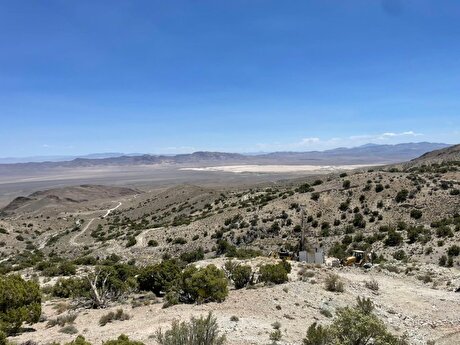
First South African 0.5pc fuel available next month
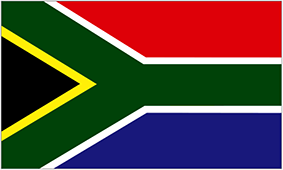
Sapref's offering is notable for its viscosity of 24cst, which is significantly lower than samples in other locations. A collection of samples from northwest Europe vary between 151-234cst, from Singapore between 118-248cst and from Malaysia between 141-371cst.
Bunker customers in South Africa are used to low viscosity fuel. The most popular high-sulphur marine fuel oil supplied there is usually around 180cst, compared with 380cst supplied in northwest Europe, Singapore and Malaysia. Vessels bunkering at South African ports tend to be older, and cannot easily burn the less expensive and more viscous 380cst.
Refiners and blenders used to think more about viscosity — the two main high-sulphur bunker grades were classed as 380cst and 180cst. But now the marine fuel and shipping industries transition from high- to low-sulphur marine fuels, to meet the International Maritime Organisation (IMO) 0.5pc sulphur cap, the new key specification to meet is sulphur content.
The new 0.5pc sulphur fuel tested within all the maximum specification limits such as density, flash point and pour point. It will be available on the South African market next month, although this was not confirmed with the refiner.
Durban is a major bunkering location, selling mainly to dry bulk and container vessels. The port is supplied with marine fuels by Engen's 105,000 b/d Durban refinery and by Sapref.


Gold price eases after Trump downplays clash with Fed chair Powell

Copper price hits new record as tariff deadline looms
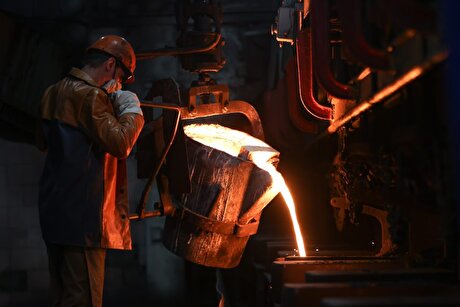
Brazil producers look to halt pig iron output as US tariff threat crimps demand
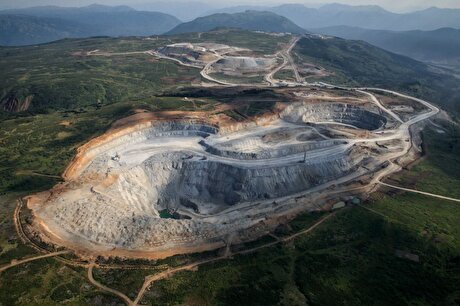
Three workers rescued after 60 hours trapped in Canada mine

Gold price could hit $4,000 by year-end, says Fidelity
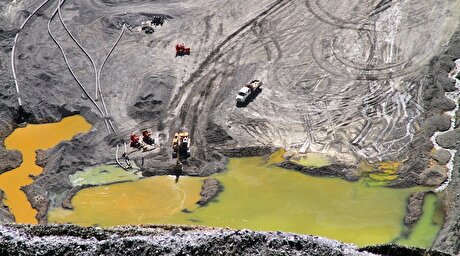
US targets mine waste to boost local critical minerals supply
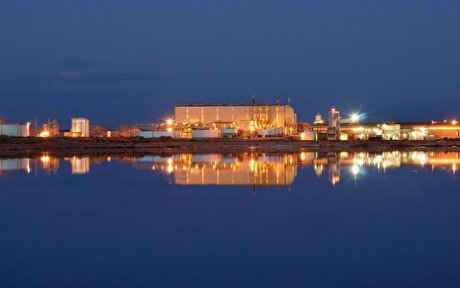
Energy Fuels surges to 3-year high as it begins heavy rare earth production
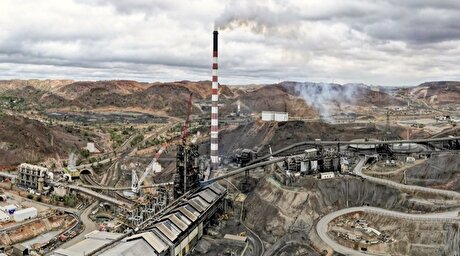
Glencore workers brace for layoffs on looming Mount Isa shutdown
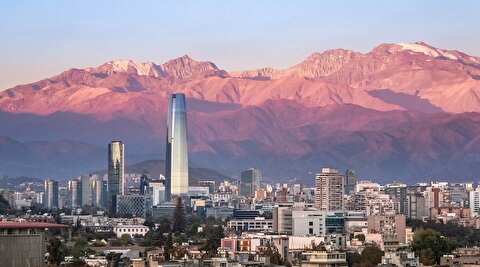
Chile’s 2025 vote puts mining sector’s future on the line
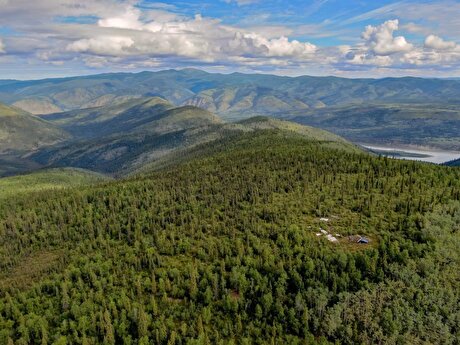
Kinross divests entire 12% stake in Yukon-focused White Gold

Gold price could hit $4,000 by year-end, says Fidelity

Southern Copper expects turmoil from US-China trade war to hit copper

Ramaco Resources secures five year permit for Brook rare earth mine in Wyoming

Column: EU’s pledge for $250 billion of US energy imports is delusional
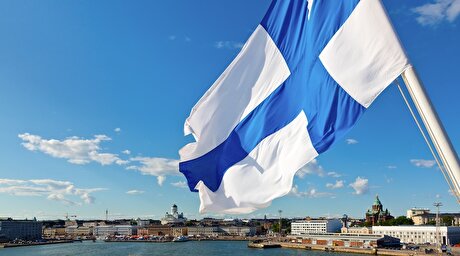
Finland reclaims mining crown as Canada loses ground

Gold price down 1% on strong US economic data
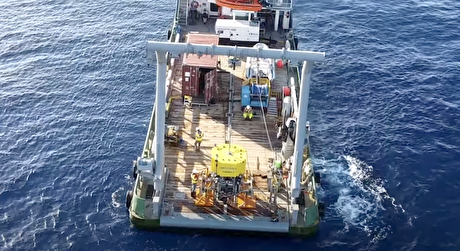
Trump’s deep-sea mining push defies treaties, stirs alarm

Chile’s 2025 vote puts mining sector’s future on the line

Gold price retreats to near 3-week low on US-EU trade deal

Gold price could hit $4,000 by year-end, says Fidelity

Southern Copper expects turmoil from US-China trade war to hit copper

Ramaco Resources secures five year permit for Brook rare earth mine in Wyoming

Column: EU’s pledge for $250 billion of US energy imports is delusional

Gold price down 1% on strong US economic data

Trump’s deep-sea mining push defies treaties, stirs alarm

Chile’s 2025 vote puts mining sector’s future on the line

Gold price retreats to near 3-week low on US-EU trade deal
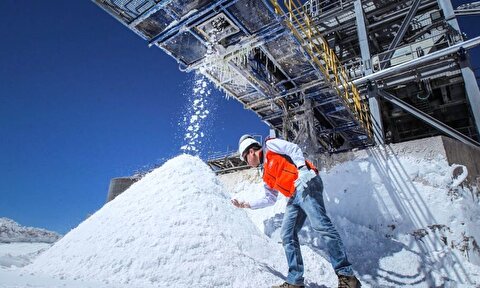
China’s lithium markets gripped by possible supply disruptions
